Watchdog finds no 'political bias' in launch of Trump Russia probe
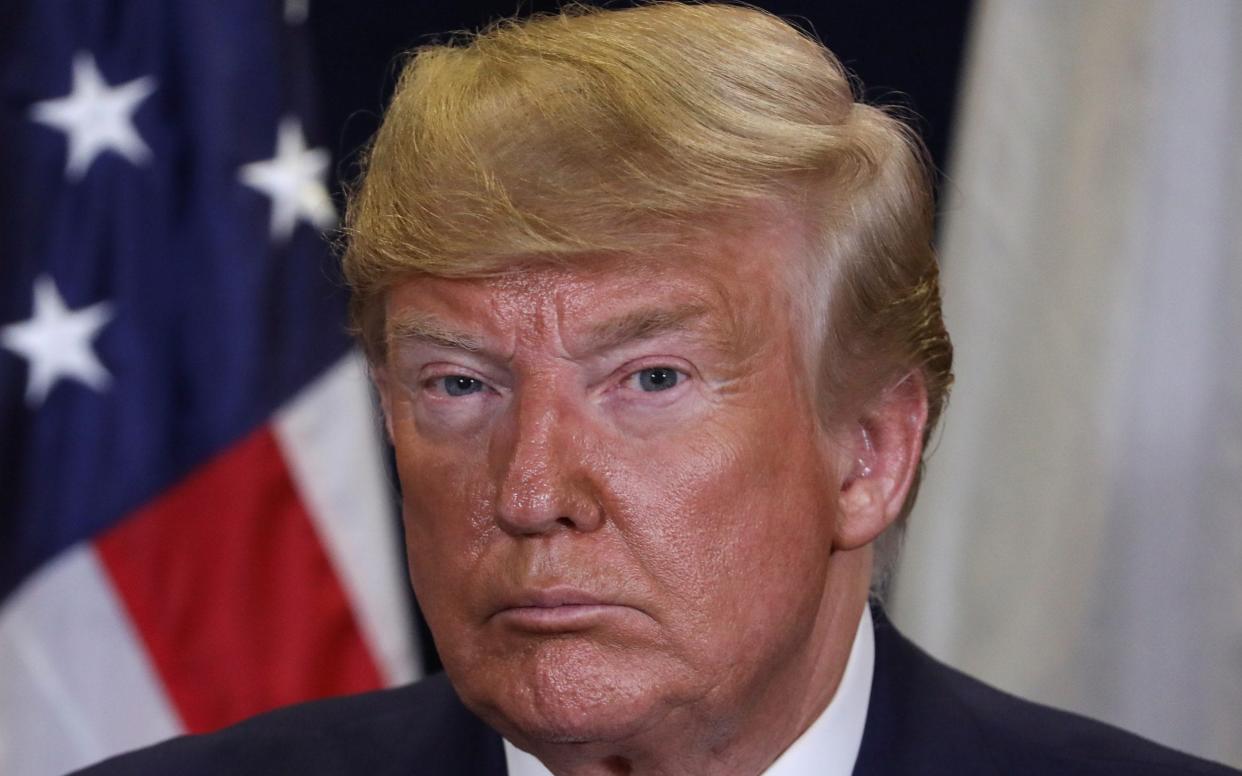
The FBI was justified in launching an investigation into ties between Donald Trump's campaign and Russia before the 2016 election, a US watchdog has found, undermining the US president's claim it was all a "witch hunt".
There is no evidence that the FBI official who opened the probe was motivated by "political bias or improper motivation", according to a long-awaited report from the Justice Department inspector general Michael Horowitz released on Monday.
However the Horowitz report did include a string of criticisms for how the investigation was pursued, in particular over the way it secured a wiretap on former Trump campaign adviser Carter Page.
The report found 17 "significant inaccuracies and omissions" in the applications to wiretap Mr Page. The report's authors said they were "deeply concerned" by "so many basic and fundamental errors".
The report singled out the way FBI officials used memos from former MI6 agent Christopher Steele about Trump campaign ties to Russia to convince a court to approve wiretaps on Mr Page, asking why concerns over the veracity of his information were not flagged.
It noted that Mr Steele had described one of the sources for his explosives memos, which would become public after the election, as a "boaster" who "may engage in some embellishment", yet the comment was not fully passed on.
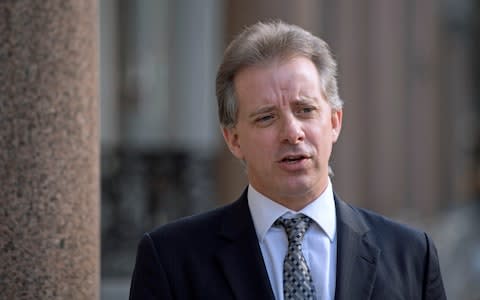
Democrats and Republicans jumped on different parts of the nuanced and lengthy report, which runs for 476 pages, to claim political victory.
One of the report's central findings - that the investigation launched into the Trump campaign's Russia ties was justified - undercut the president's repeated claimed that he was the victim of a "witch hunt".
The probe morphed into an investigation by special counsel Robert Mueller which lasted 22 months and hung over Mr Trump's early years in office, drawing frequent and fierce attacks from the president.
But addressing the launch of the probe three months before the 2016 election, the report's authors said "we did not find documentary or testimonial evidence that political bias or improper motivation" influenced the official who made the decision.
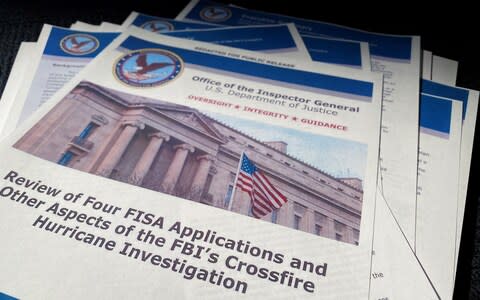
Referencing the probe's code name, the authors wrote: "We found that Crossfire Hurricane was opened for an authorised investigative purpose and with sufficient factual predication."
That conclusion was challenged by William Barr, the US attorney general appointed by Mr Trump in a statement issued alongside the report's release.
"The Inspector General's report now makes clear that the FBI launched an intrusive investigation of a US presidential campaign on the thinnest of suspicions that, in my view, were insufficient to justify the steps taken," Mr Barr said.
Republicans pointed to criticism for how the FBI team pursuing the probe had gone about securing a wiretap into Mr Page, who was a former foreign policy adviser to the Trump campaign.
The report's authors found that members of the FBI team failed to make sure the wiretap applications, submitted under the Foreign Intelligence Surveillance Act [Fisa], were "scrupulously accurate".
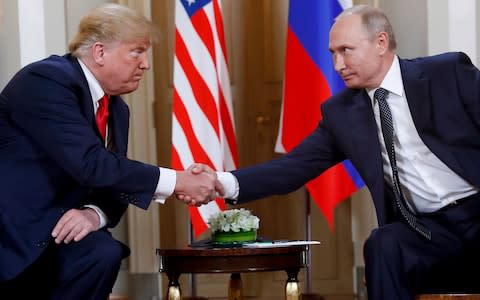
In total across four wiretap applications on Mr Page, who had stepped down from the Trump campaign after controversy over a trip he made to Russia, there were 17 "significant inaccuracies and omissions", according to the report.
The report's authors wrote: "We do not speculate whether the correction of any particular misstatement or omission, or some combination thereof, would have resulted in a different outcome."
"Nevertheless, the [Justice] Department's decision makers and the court should have been given complete and accurate information so that they could meaningfully evaluate probable cause before authorising the surveillance of a US person associated with a presidential campaign."
The report also raised questions about how the FBI investigating team had used confidential human sources who made approaches to Trump campaign figures.
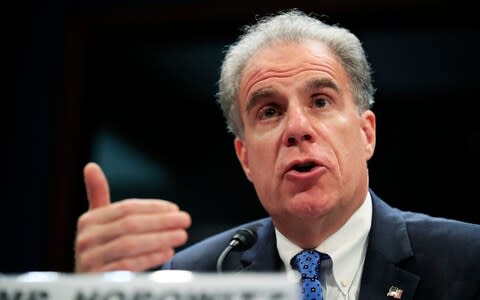
The report said there was no evidence of "political bias or improper motivations" in the FBI's deployment of the sources and that none had been placed inside the Trump campaign.
However the report's authors said it does raise questions about why the FBI investigators did not notify Justice Department officials before making the decision.
Reacting to the report, Mr Trump suggested the FBI behaviour revealed in the report was a "disgrace" and said it was something that had "never happened in the history of our country".
Mr Trump said: "It is incredible, far worse than I would have ever thought possible. It's an embarrassment to our country, it's dishonest, it's everything that a lot of people thought it would be, except far worse."
On Monday, ABC News also reported that Mr Steele once met Ivanka Trump, the president's daughter, back in 2007 and exchanged emails.
The contact came around a decade before Mr Steele would become a frequent target of Mr Trump's ire over the lurid claims detailed in his memos.

 Yahoo News
Yahoo News 
